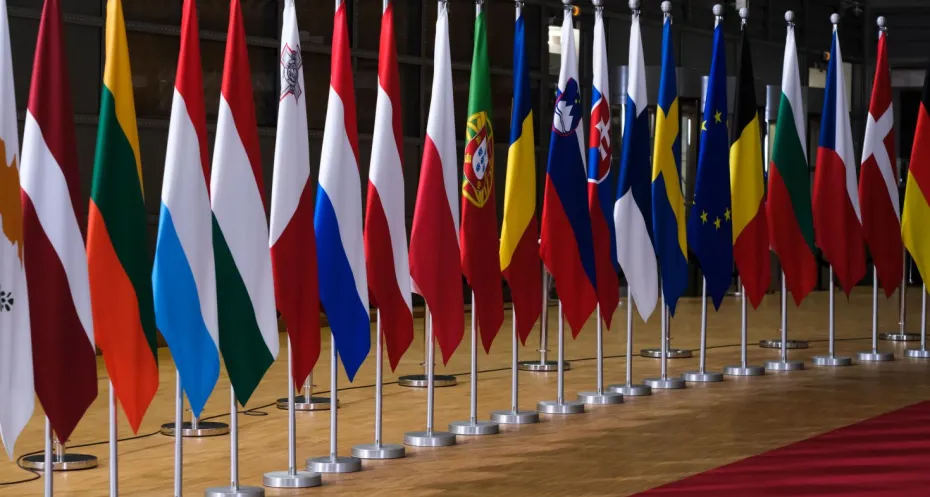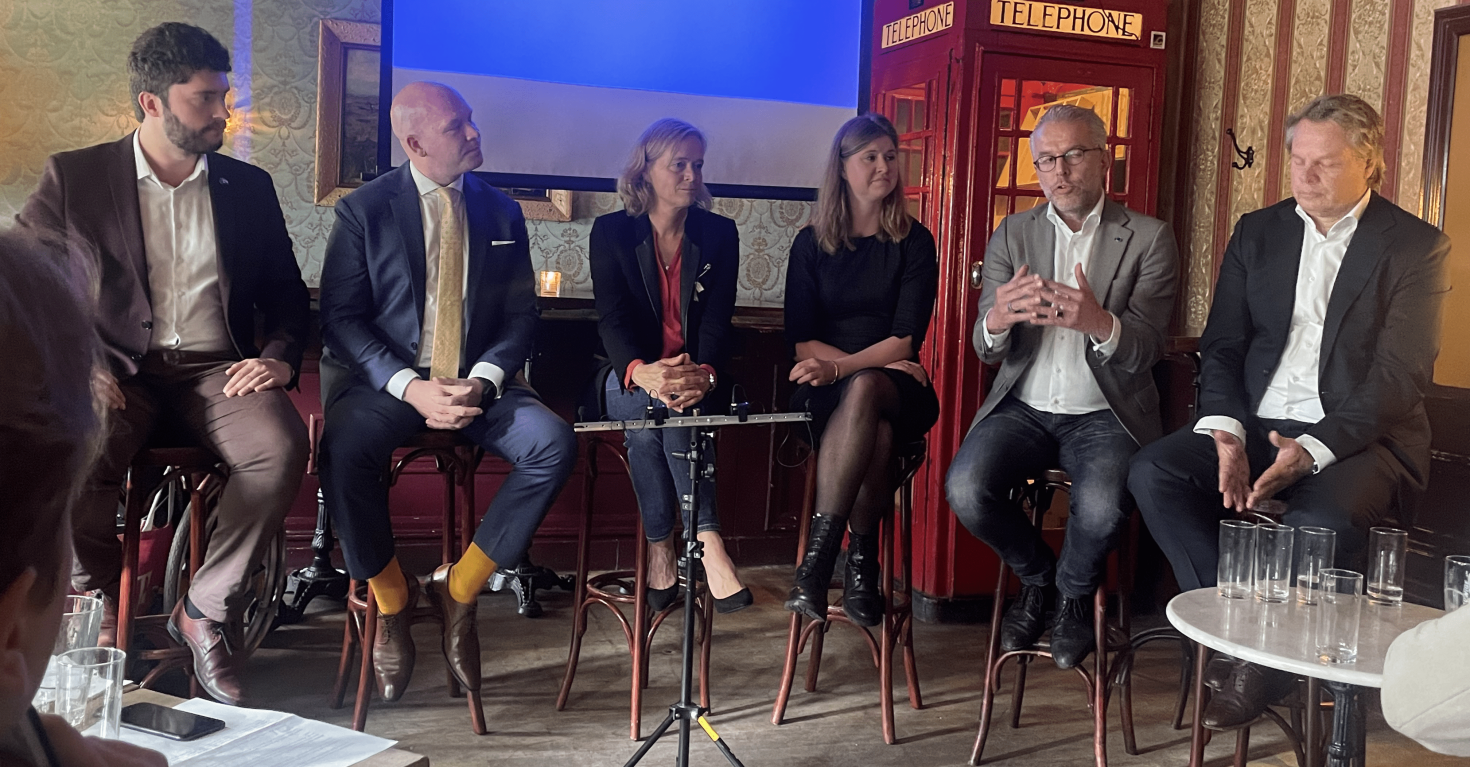Debate: The future of the Western Balkans and the EU

On 26 May, Free Press Unlimited and five other NGOs organised a meeting with candidate MEPs on the future of the Western Balkans and the EU. Will it be integration or isolation? With increasing pressure on the rule of law in Europe and a trend of destabilisation in the Western Balkans region, it is important that the EU acts in unison on this.
Free Press Unlimited organised the debate together with Humanitarian Intervention Committee, PAX, Netherlands Helsinki Committee, Dutch Albanian Foundation and Max van der Stoel Foundation. Participating in the debate were Dutch candidates for the European Parliament, and civil society representatives from Western Balkan countries contributed with pitches.
The focus was on the EU's approach towards the accession process of Albania, Bosnia and Herzegovina, Kosovo, Montenegro, Northern Macedonia and Serbia. For Free Press Unlimited, it is clear that press freedom plays a major role in this.
We see, for instance, that the urgency in this has been greatly increased by the Russian invasion of Ukraine, and the clear signs of Russian interference and attempts at destabilisation in the region. We see that Russia is engaged in disinformation in all Western Balkan countries. Free press is under pressure. Besides Russia, China and Saudi Arabia are also interfering. The security and stability of the current EU would benefit from much more active support for the democratic forces in the Western Balkan countries, and a strategy where commitment to reform is rewarded with further integration into the EU.
Outcomes of the debate
The debate led to a number of new insights. For example, that there are great advantages to step-by-step accession: citizens experience the benefits of the EU sooner, and see that the EU is an attainable goal. It is important that citizens experience concrete steps that actually improve their lives. In that process, there should be testing against clear criteria. The current accession negotiations are often opaque and laced with specific national interests, this needs to change.
The debate also revealed that developments in Serbia in particular are not going in the right direction: the rule of law is being increasingly eroded, it supports ethnic extremism in neighbouring countries and it explicitly cooperates with Russia. It is important for the EU to send a clear signal here by, for instance, putting Serbia's accession process on hold.

In parallel with a process of accession of new countries, the EU itself needs to reform. For example, by abolishing the requirement of unanimity in decision-making in many foreign policy areas. This is stagnating and encourages power politics. The new Commission must take swift steps in this regard.
Finally, speakers felt that the EU is now far too focused on national leaders in the accession process. These often have a double agenda and then benefit from stagnation. The EU therefore needs to connect much more with civil society and independent media in the countries concerned.
Prospects for the future
The aim should be that by 2030, two or three countries from the region could actually be able to join the EU. This makes it clear that the EU is attainable, and that it pays to make the necessary reforms.
"By co-organising these debates, Free Press Unlimited advocates for a more engaged and sustainable policy from the Netherlands towards the EU, the democratisation of the Western Balkans, and protecting fundamental rights such as press freedom." - Albana Shala, Senior Programme Coordinator Western Balkans at Free Press Unlimited.
The debate brought more clarity on where we stand as civil society and the European Union on this issue. A follow-up will be organised on 26 September focused on the role of disinformation in the democratic processes in the Western Balkans and the EU.
